Bhubaneswar,swa news : On World Day for Safety and Health at Work, Vedanta Limited(NSE: VEDL) reaffirmed its commitment to a safety-first culture through a comprehensive suite of initiatives rooted in predictive and inclusive safety, supported by cutting-edge technologies. The company has deployed a host of leading-edge technologies including Artificial Intelligence (AI)-led monitoring systems, drones, fatigue detection systems, smart helmets, and tele-remote operations, which are transforming industrial safety across its operations.
The theme of World Day for Safety and Health at Work 2025 focuses on the impact of digitalization and artificial intelligence (AI) on workplace safety and health. As workplaces evolve with AI, robotics, exoskeletons, and remote work, these technologies bring both opportunities and challenges.
Vedanta’s zinc business in India, is the first in country to deploy virtual reality (VR)-based winder training simulator system that mimics the working ofshafts (lifts) which are used for material and manpower movement. The company is also the first in India to introduce VR-based underground vehicle simulator that trains employees in driving the vehicle in mines. Vedanta’s aluminium business has also deployed drones to perform inspections before material extraction at its operations. In the company’s oil & gas vertical, Vedanta has implemented an AI-based Safety Surveillance Monitoring System with AI cameras at strategic locations, resulting in an 80 per cent reduction in manual efforts thereby enhancing safety. Vedanta is also engaging with Shark Tank India participant Jarsh Safety, a startup involved in the development of smart safety wearables that is focused on reducing heat stress and improving connectivity in various industrial setups.
Vedanta is dedicated to ensuring safety across its operations, where every individual is responsible for workplace safety. The company has instituted a ‘Community of Practice’and safety committees thatoversee the implementation of safety initiatives. At the core of this culture is ‘visible-felt leadership’, wherein business CXOs are expected to exemplify the highest levels of safety in their respective areas and serve as role models for employees and business partners.
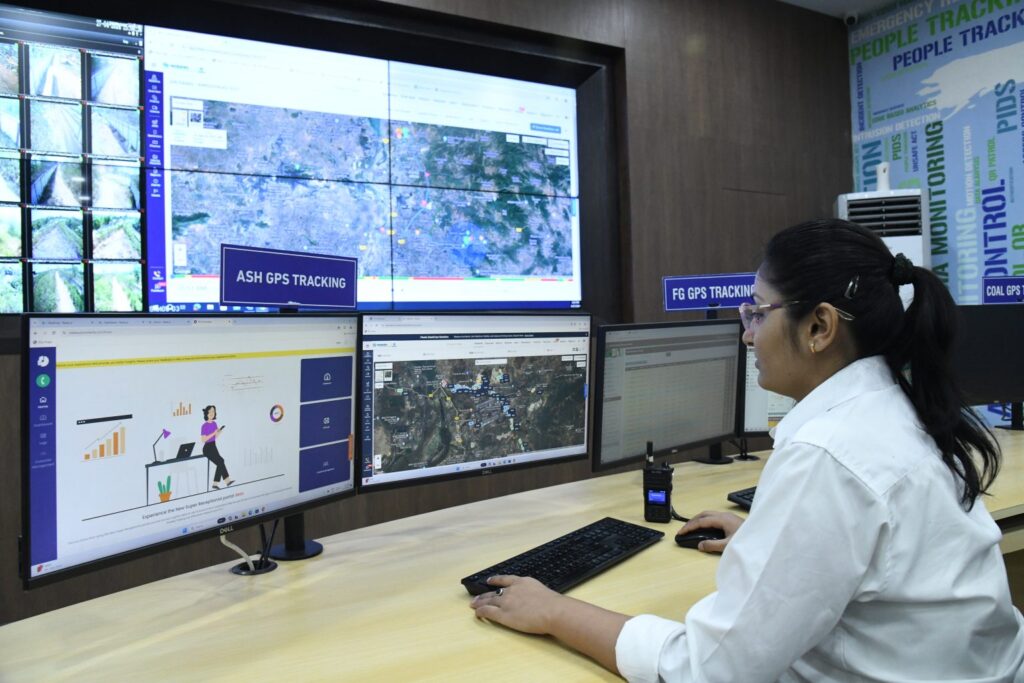
Technology plays a crucial role inaugmenting such efforts by limiting human-machine interactionand enabling preventive safety measures. Some instances:
- Vedanta’s proprietary T-Pulse platform uses artificial intelligence to enhance safety in critical operational areas in real time.
- AI Detectshares short video insights of safety improvement opportunities with area supervisors and monitors action throughreal-time dashboards.
- Smart helmets with live audio-visual connectivity guide employees on various workflows in real-time.
- Fatigue detection systems monitor and alert driver drowsiness, ensuring vehicle safety.
- Computer vision-led ladle monitoring at smelters prevents operation if safety interlocks arenot engaged.
- Ceramic sensors monitor temperature changes inside furnaces, predicting potential leaks in oil & gas business.
- HMV and LMV simulators help drivers learn digitally before being deployed on field.
A spokesperson from Vedanta Limited said, “At Vedanta, we believe the future of safety lies at the intersection of innovation, inclusion, and intent. By leveraging AI, smart systems, and people-first leadership, we are not just responding to risks—we’re anticipating and preventing them. Our commitment is to create workplaces that are not only productive, but deeply safe, healthy, and future-ready.”
Vedanta continues to invest in regular trainingin various aspects of health and safety, including fire and rescue training,to deeply embed safety into its work culture.This is especially important given the large number of contractual and floating workers who are on-boarded for specific, short-term activities. Notably, the company is the first in India to have all-women underground mine rescue teams and firefighting teams.
Vedanta’s approach to occupational health is holistic. From hospitals in every operational townshipto complimentary annual check-ups, insurance, and access to mental health counsellors, the companyprovides healthcare facilities at employees’ doorstep–addressing needs ranging from basic health services to cancer care through its flagship oncology center, the BALCO Medical Centre.Initiatives like the Vedanta Delhi Half Marathon, Vedanta Pink City Half Marathon, Vedanta Zinc City Half Marathon, sports tournaments, well-equipped gyms, swimming pools and sports complexes help foster a strong fitness culture amongst employees and their families.
Vedanta’s approach to safety extends beyond the confines of its operations. The company also supports local communities through training programs on basic fire safety, road safety, lightning safety, first aid, and even physical safety, includingself-defence initiatives.
The Vedanta Group is a global leader in critical minerals, energy and technology operating a diverse portfolio of world-class assets. It is the world’s largest integrated producer of zinc, the third-largest global producer of silver, amongst the world’s top aluminium producers, India’s only private oil and gas producer, and one of the largest private power producers. With an eye on the future, the company is strategically expanding its business portfolio by venturing into rare earths, other critical minerals, and renewable energy.
——————————————————————————————————————————————————————————-
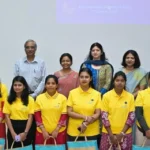

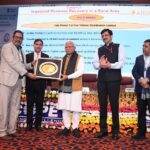

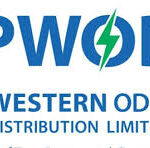
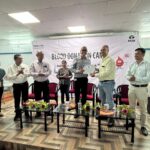


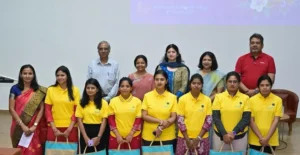
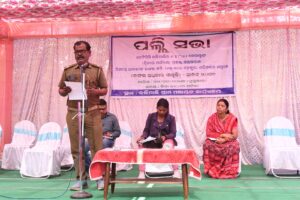
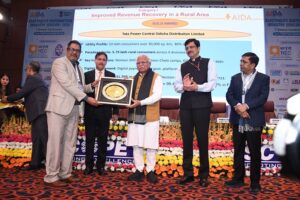
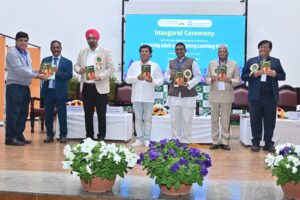
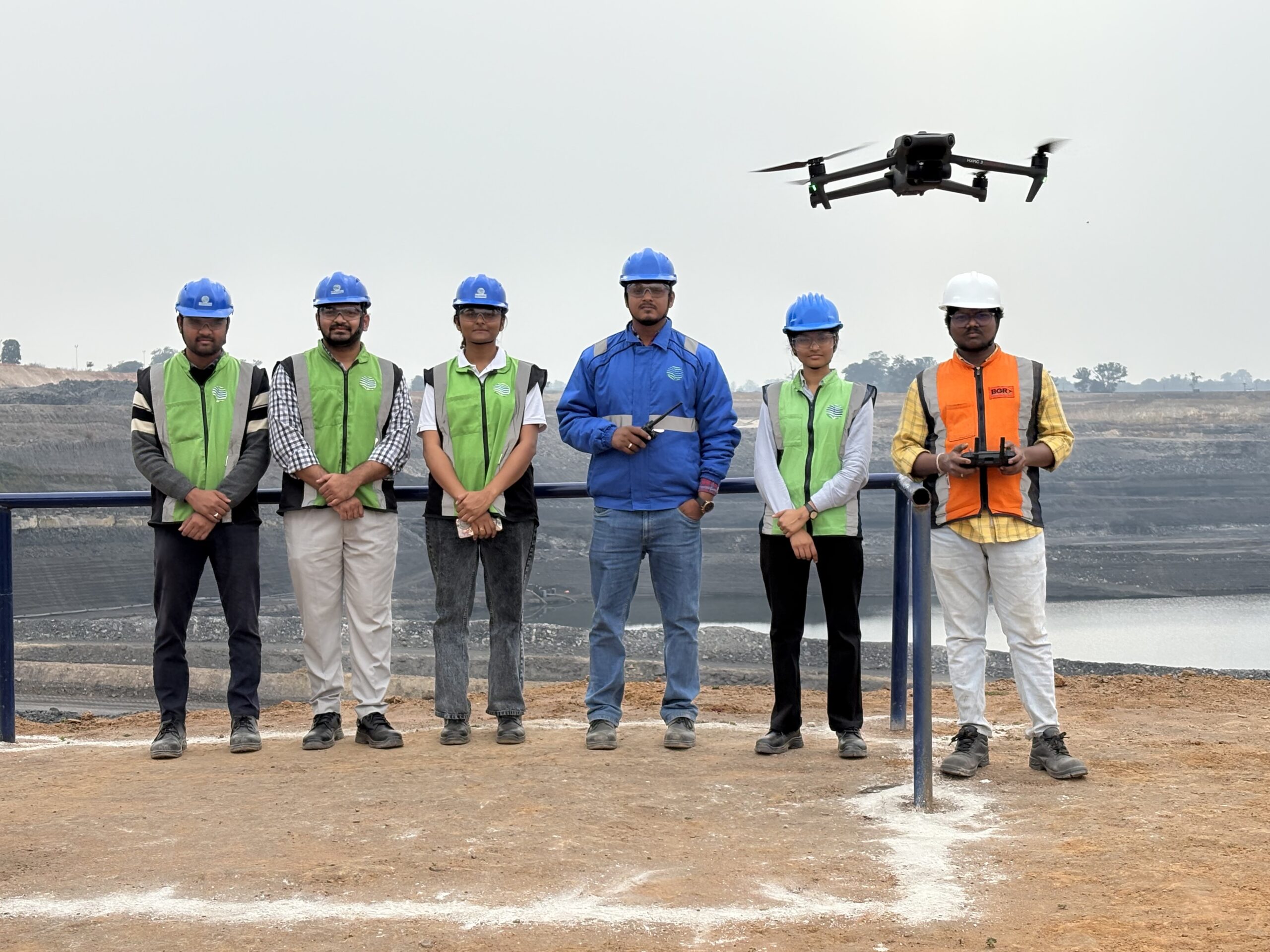
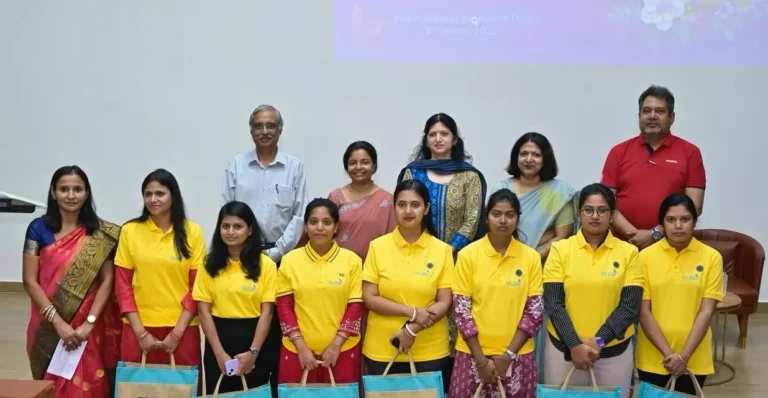
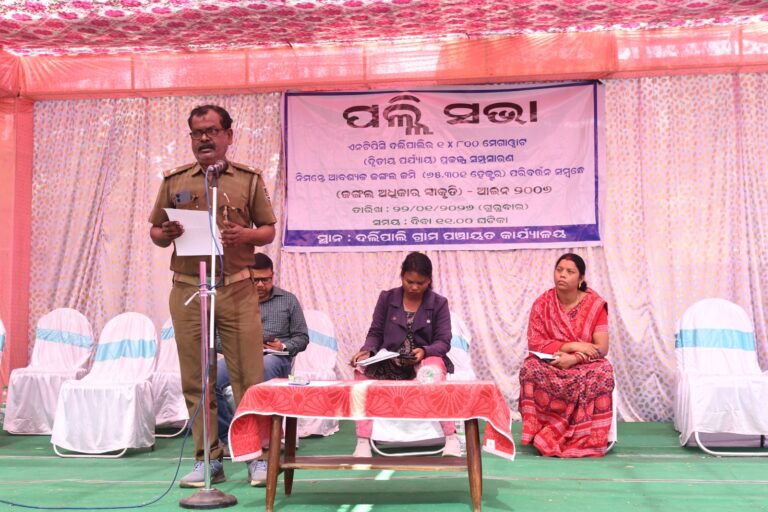
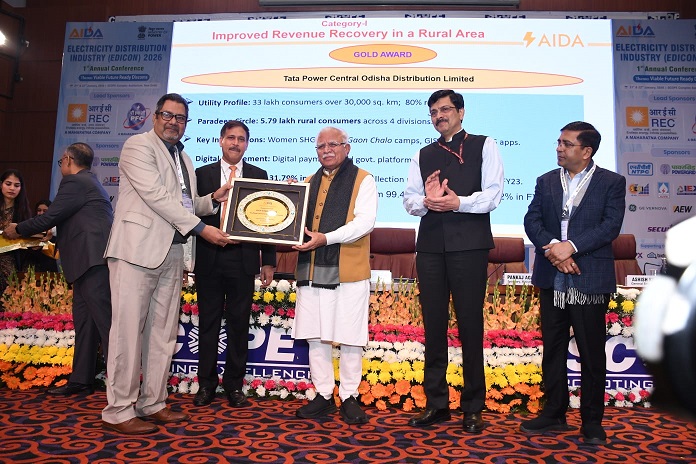


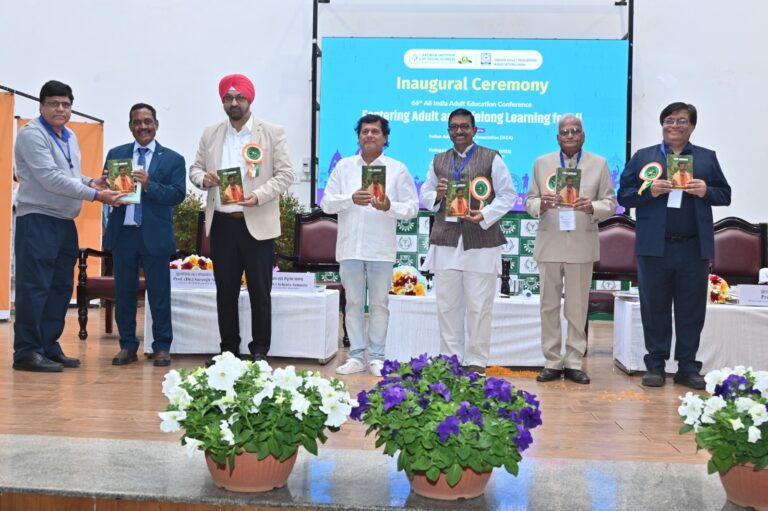
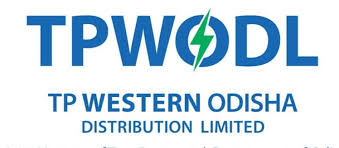
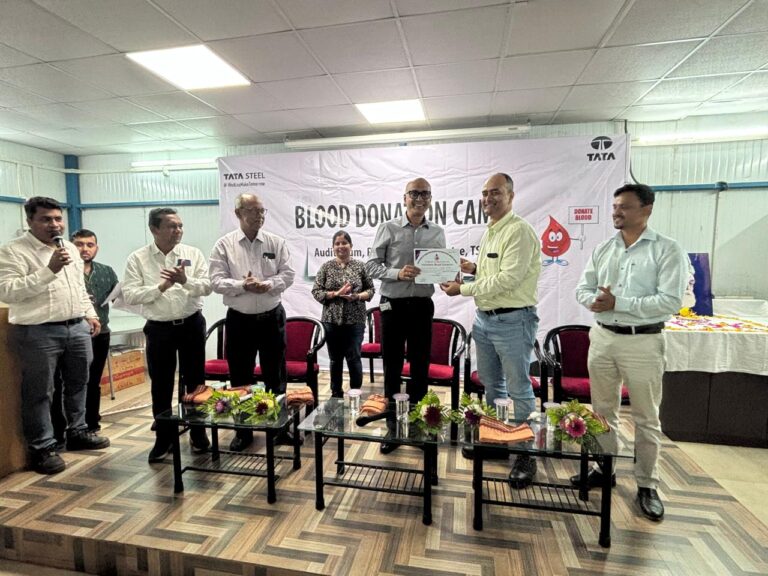

+ There are no comments
Add yours